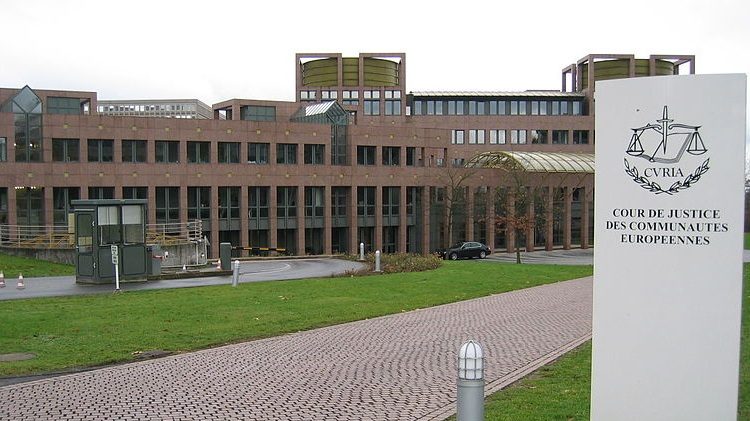Ane Barcos
The European Commission has decided to refer Spain to the CJEU for breaching the Digital Services Regulation, which required all Member States to designate and empower a national authority known as the Digital Services Coordinator (DSC) by February 17, 2024. Although Spain has formally appointed this figure, the Commission noted in its May package of infringements that the State has not granted it the necessary powers to perform its functions as stipulated in the regulation.
Furthermore, Spain has not established the sanctioning regime to be applied in the event of infringements committed by digital platforms. This double omission, Brussels warns, prevents the effective and uniform application of the DSC in Spanish territory, compromising both the proper functioning of the European digital market and the protection of the fundamental rights of online users.
The Digital Services Coordinator’s role is to oversee compliance with the regulation by platforms such as social networks, marketplaces, or content hosting services; manage user complaints; coordinate with other Member States and the European Commission regarding systemic risks (such as disinformation or illegal content); and apply sanctions in the event of non-compliance.
Given the failure to implement these essential measures, the Commission considers that Spain is committing a continuing and serious breach of EU law. For this reason, it has decided to refer the case to the CJEU, which could lead to a conviction and, if the situation persists, the imposition of financial penalties.
Other breaches
Beyond non-compliance with the DSA, Spain has committed a second breach in the climate field. In this case, it has received a reasoned opinion, which represents the preliminary step towards a possible complaint before the Court. The infringement consists of Spain’s failure to fully transpose the European directives reforming the Greenhouse Gas Emissions Trading System (EU ETS) into national legislation.
These directives, which must be complied with since December 2023, are essential for achieving the EU’s climate goals. Among other measures, they extend the emissions trading system to maritime transport, progressively reduce free emission allowances, and strengthen compensation mechanisms in the aviation sector. Spain’s failure to transpose them compromises the effectiveness of the system as a whole, creates inequalities between Member States, and hinders both fair competition and coordinated climate action at the European level.
If not corrected in a timely manner, this non-compliance could also result in significant financial penalties and a deterioration of Spain’s institutional credibility vis-à-vis the Commission and the other Member States.
